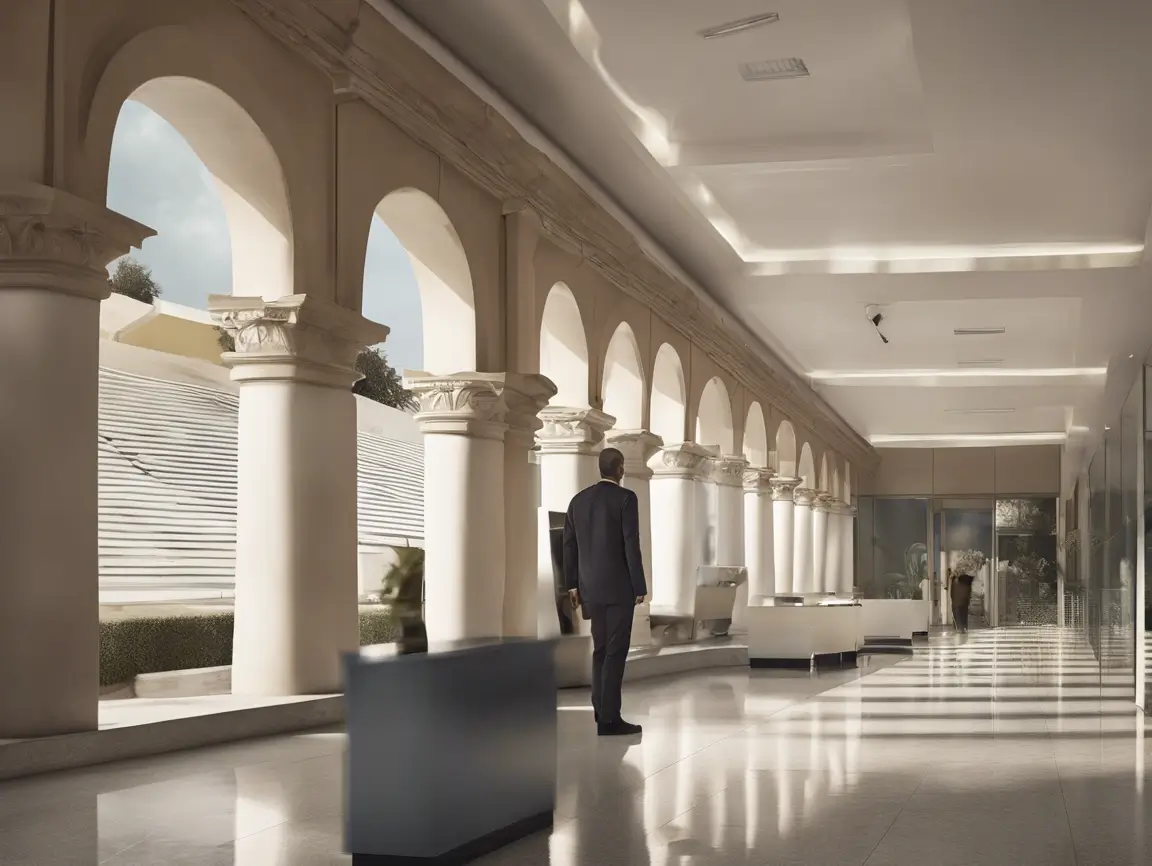Monks of Habakkuk Monastery Seek to Overturn Freeze Orders
In a recent development, the Habakkuk Monastery has become the focal point of an intricate legal battle. The discovery of €807,000 within its walls has led to an intense investigation by the Economic Crime unit of the police, with the spotlight on potential money laundering activities. The monastery’s financial dealings are under scrutiny, and the law has responded with decisive action.
The police have implemented freeze orders on the bank accounts and assets of two archimandrites and another monk from the monastery. This move is part of a broader investigation into the origins of the substantial sum found in a safe on the premises.
However, in a twist to the ongoing saga, the legal representatives of the implicated monks, Adriana Klaidi and Athos Kannaurides, have taken steps to challenge these orders. They have filed an application with the Nicosia District Court to annul the freeze on both the money and their clients’ properties.
The monks assert that the evidence presented by the police was incomplete and that full disclosure would have led to a different judicial decision. They have disclosed, for the first time, that the funds originated from the sale of immovable property by third parties and were earmarked for a noble cause.
According to their account, abbot Nektarios was managing the funds for constructing a multi-purpose facility in Lycrodontas. This building was intended to serve as a residence for monks and clergy, as well as an educational center for religious studies and activities for the disabled.
Supporting their claims, a sworn statement from one of the property’s previous owners has been submitted. This individual corroborates the monks’ story and confirms that all due taxes were settled following the property’s sale.
The application further clarifies that these properties were sold six years prior to the monastery’s construction, negating any connection with donations from believers or other sources. It also mentions letters sent to bishop Isaiah, informing him of the money’s provenance before he reported it to the police.
The lawyers question why concrete evidence and witness testimonies regarding the money’s origin were seemingly overlooked by investigators. They suggest that this oversight was intentional, aiming to justify the freezing of funds and assets.
The court is set to hear this urgent application on 26 April. The outcome will determine whether the freeze orders from 5 April 2024 will stand, be modified, or be completely lifted.






